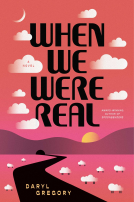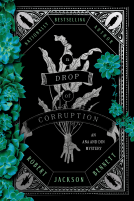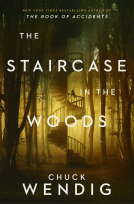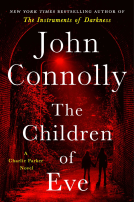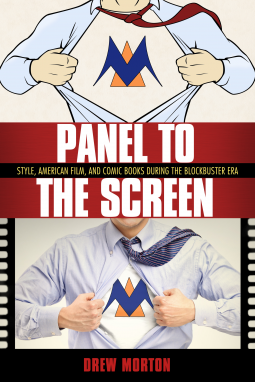
Panel to the Screen
Style, American Film, and Comic Books during the Blockbuster Era
by Drew Morton
This title was previously available on NetGalley and is now archived.
Send NetGalley books directly to your Kindle or Kindle app
1
To read on a Kindle or Kindle app, please add kindle@netgalley.com as an approved email address to receive files in your Amazon account. Click here for step-by-step instructions.
2
Also find your Kindle email address within your Amazon account, and enter it here.
Pub Date Dec 06 2016 | Archive Date Nov 08 2016
Description
A unique exploration of adaptation theory and how one dramatic visual style affects another
Over the past forty years, American film has entered into a formal interaction with the comic book. Comic book adaptations such as Sin City, 300, and Scott Pilgrim vs. the World have adopted components of their source materials’ visual style. The screen has been fractured into panels, the photographic has given way to the graphic, and the steady rhythm of cinematic time has evolved into a far more malleable element. In other words, films have begun to look like comics.
Yet, this interplay also occurs in the other direction.
In order to retain cultural relevancy, comic books have begun to look like
films. Frank Miller’s original Sin City
comics are indebted to film noir while Stephen King’s The Dark Tower series could be a Sergio Leone spaghetti western
translated onto paper. Film and comic books continuously lean on one another to
reimagine their formal attributes and stylistic possibilities.
In Panel to the Screen, Drew Morton examines this dialogue in its intersecting and rapidly changing cultural, technological, and industrial contexts. Early on, many questioned the prospect of a “low” art form suited for children translating into “high” art material capable of drawing colossal box office takes. Now the naysayers are as quiet as the queued crowds at Comic-Con are massive. Morton provides a nuanced account of this phenomenon by using formal analysis of the texts in a real world context of studio budgets, grosses, and audience reception.
Drew Morton, Los Angeles, California, is an assistant professor of mass communication at Texas A&M University–Texarkana. His publications have appeared in Animation: An Interdisciplinary Journal, Cinema Journal, [in]Transition, Journal of Graphic Novels and Comics, and Studies in Comics. He is the co-founder and coeditor of [in]Transition, the award-winning journal devoted to videographic criticism.
Available Editions
| EDITION | Hardcover |
| ISBN | 9781496809780 |
| PRICE | $65.00 (USD) |




